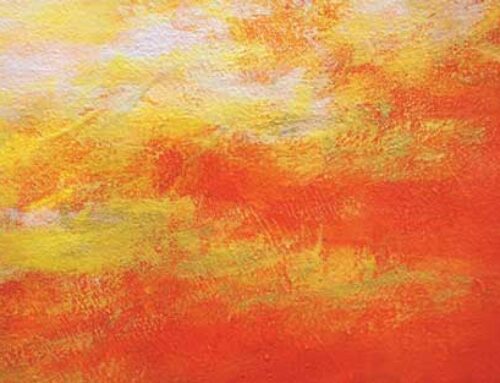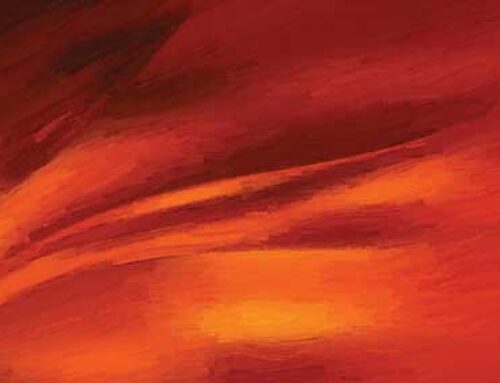by Assad Meymandi, MD, PhD, DLFAPA
Dr. Meymandi is in private practice as a psychiatrist and neurologist and serves as an adjunct professor of psychiatry at the University of North Carolina at Chapel Hill. He is a noted physician, editor, and philanthropist who frequently speaks and writes on diverse topics that relate to his interests in medicine, the arts, religion, and philanthropy. He lives in Raleigh with his wife Emily.
Innov Clin Neurosci. 2011;8(7):54–55
This column is devoted to bridging the gap between basic sciences, medicine, the arts, and humanities.
It was Tuesday, July 4, 1826, and it was a very hot day. The sun seemed to have a notion of what was happening as it hurriedly climbed to the top of the sky. Two United States Presidents, both belonging to the exclusive club, “Founding Fathers of America,” both signatories to the Declaration of Independence, and one the actual author of that sacred document, died that hot morning in July. It was also coincidentally the anniversary of the signing of the Declaration of Independence and our nation’s 50th birthday.
Thomas Jefferson and John Adams, political arch enemies for decades, had reconciled and become good friends and pen pals during the last two decades of their lives. They exchanged more than 300 letters before that fateful summer day of their death on July 4, 1826. According to reliable history, Adams’s last words were “Thomas Jefferson still survives,” not knowing that Thomas Jefferson too had died that morning at the age of 83.
Perhaps you know a great deal about the contributions Thomas Jefferson and the other founding fathers made to establishing this great nation. At the very least, you know he played a significant role in its foundation. I would like to share with you something you may not know—Thomas Jefferson loved music.
Jefferson, the third President of our beloved nation, was staggeringly curious and an intellectually superior polymath. He was also an accomplished violinist. He bought a pocket fiddle that accompanied him wherever he went. Jefferson was an active member of chamber music that played for the royal governor of Virginia, and he admired Corelli, Haydn, Gluck, Handel, Vivaldi, Pergolesi, Boccherini, Stamitz, Clementi, and J.C. Bach (youngest son of J.S. Bach). The 6,500 volumes of sheet music that Jefferson sold to the government formed the nucleus of the Library of Congress. In addition to work of the previously mentioned composers, his collection contained sheet music by lesser known composers as well, such as Padre Martini, Gaetano Pugnani, Ignaz Pleyel, and Italianized German composer, Johann Adolph Hasse.
Jefferson fell in love with a patrician beauty, a rich young widow named Martha Wayles Skelton, whose favors he won in a competitive race with two other suitors by playing his violin when he courted her. Jefferson practiced his violin daily, and Martha loved to hear him play. He wanted to commission a piece to honor his beloved wife after her death. He was aware that Goldberg paid J.S. Bach to compose the Goldberg Variation. He even had a brief meeting with Mozart to discuss doing something like this in honor of his wife, but somehow the commissioning never materialized. Jefferson was not fond of Mozart as a person, and Mozart’s “conduct” may have had something to do with the project never materializing. However, Jefferson recognized Mozart’s genius and loved his music.
Jefferson also liked Handel’s Messiah, Haydn’s solo cantatas, John Gay’s “the Beggar’s Opera,” and many American folk songs and music of emerging American composers, such as his fellow Declaration signer, Francis Hopkinson. In the writings of Jefferson’s granddaughter, Ellen Coolidge, who lived in Monticello, there are many references to Jefferson’s love for music. As the former president became older, he wrote much about music and spent a great deal of time collecting, humming, and playing his various favorite composers.
And with that, I would like to day happy 4th of July to all! There is no place on earth like America, where the beacon of freedom continues to shine, where the flame of liberty continues to illuminate the landscape of humanity, where the rule of law—not the whim of Shahs, Mullahs, and dictators—reigns supreme. God Bless America!






